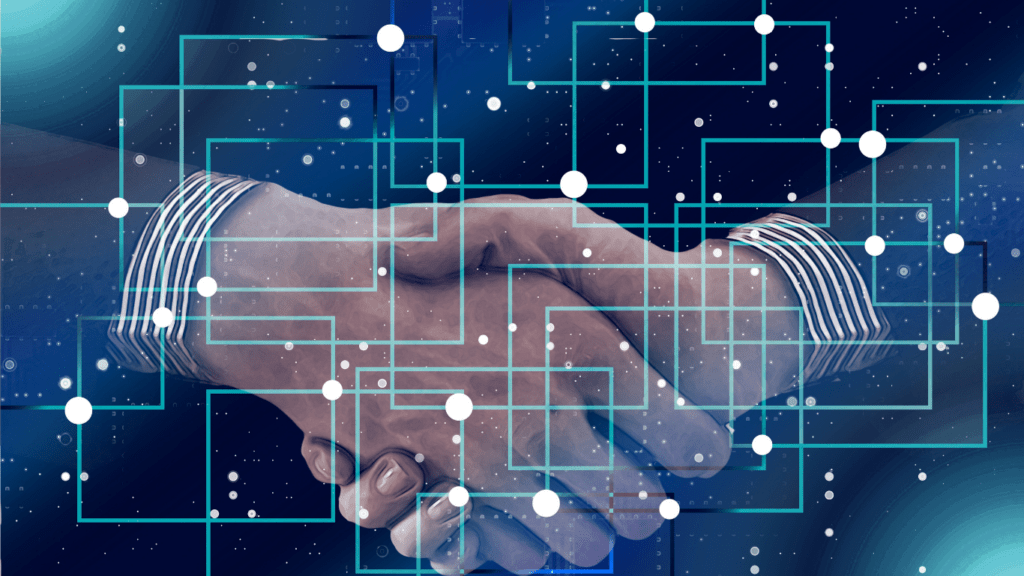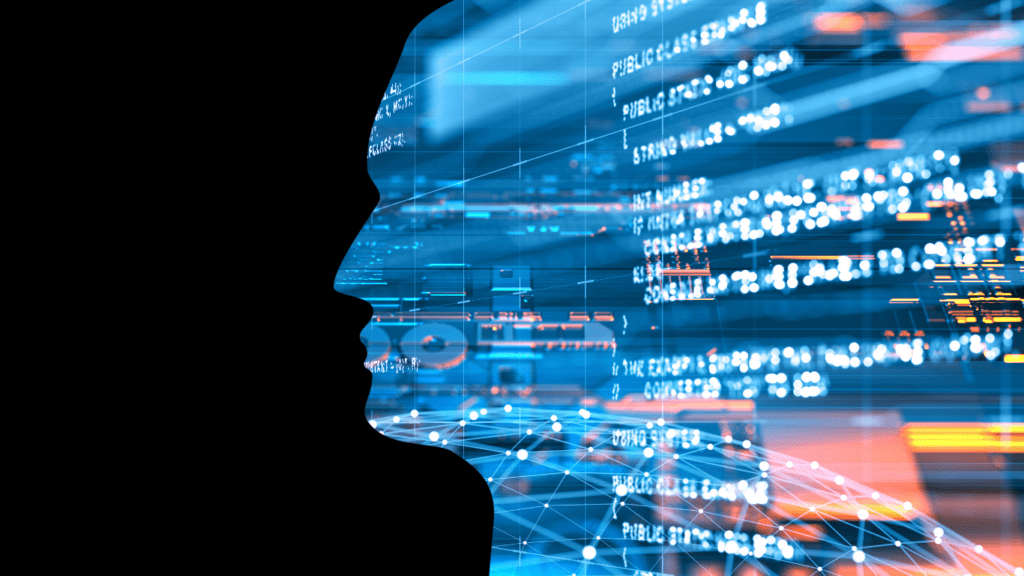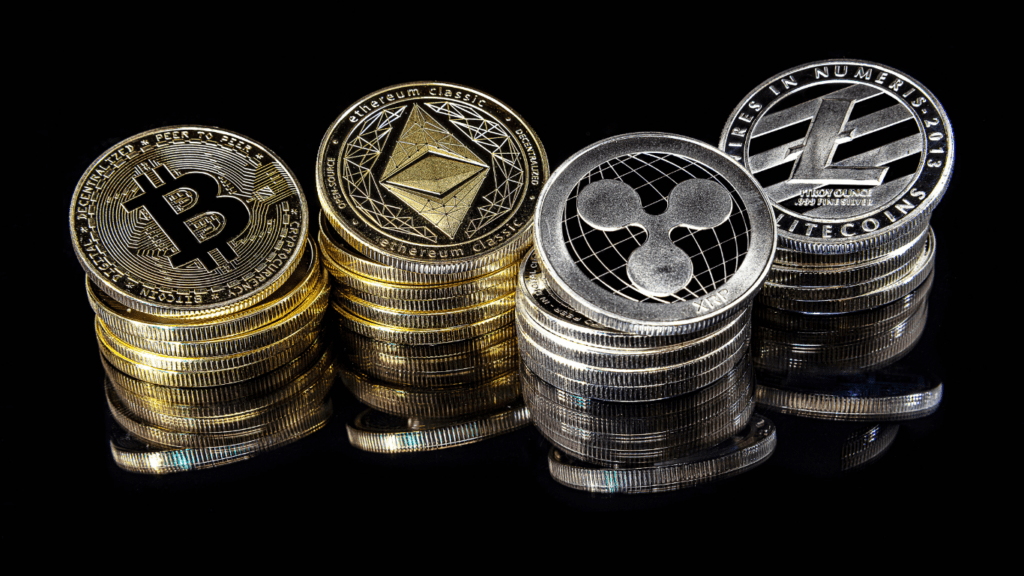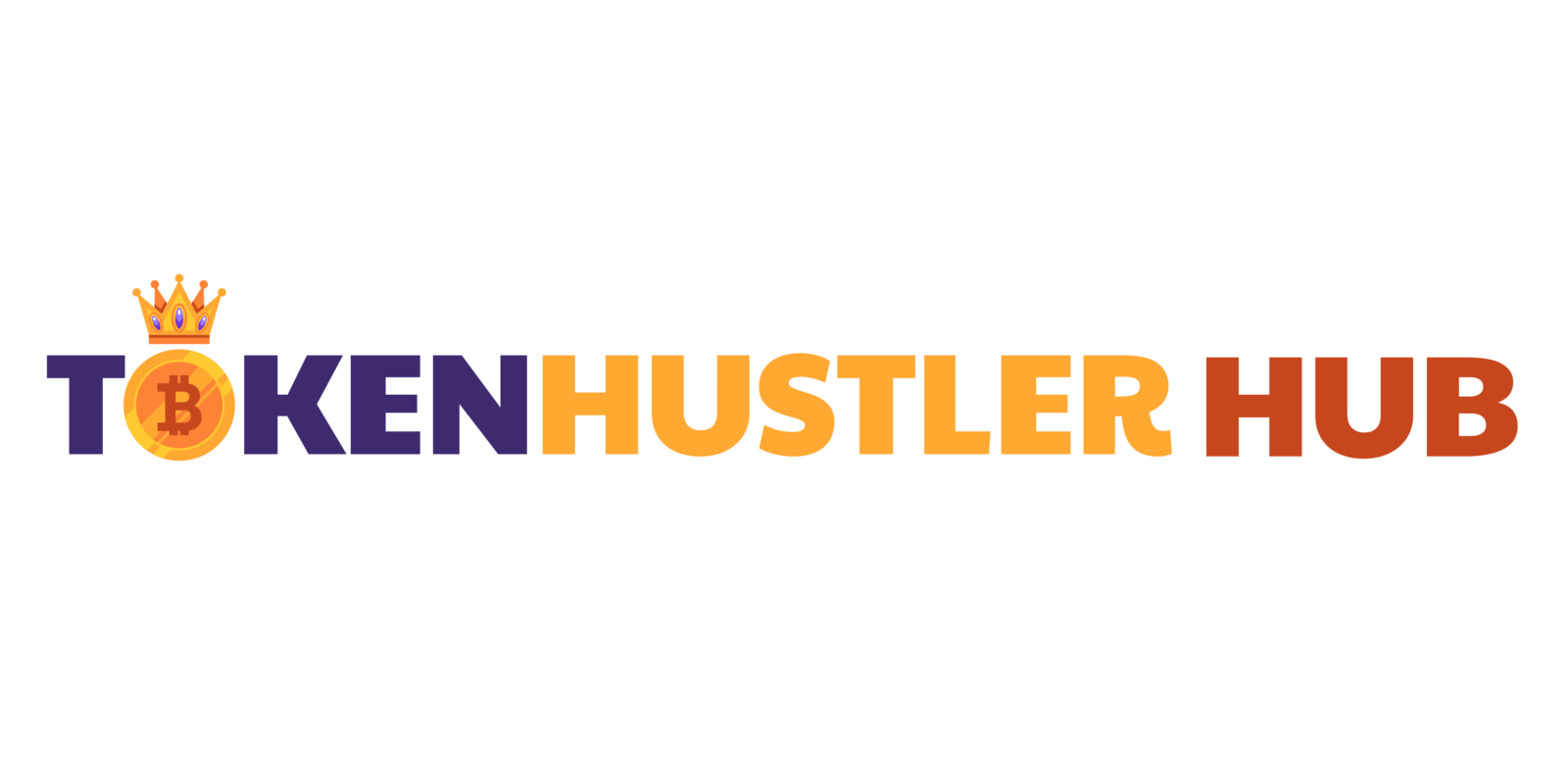When two groundbreaking technologies like AI and blockchain come together, the possibilities feel endless. I’ve been fascinated watching how these innovations are starting to complement each other, reshaping industries and unlocking new opportunities. While AI excels at analyzing data and making predictions, blockchain ensures transparency and security—together, they’re a game-changing duo.
Understanding AI And Blockchain
AI and blockchain represent two transformative technologies shaping modern digital ecosystems. Their integration creates unprecedented opportunities for innovation and disruption.
What Is Artificial Intelligence (AI)?
Artificial intelligence refers to the simulation of human intelligence in machines programmed to think, learn, and make decisions. AI’s key functionalities include machine learning, natural language processing, and computer vision. These capabilities enable tasks like predictive analytics, personalized recommendations, and automation. For instance, AI powers chatbots, fraud detection systems, and autonomous vehicles, delivering smarter, data-driven solutions.
What Is Blockchain Technology?
Blockchain is a decentralized digital ledger used for recording transactions across multiple computers. It ensures transparency, immutability, and security through cryptographic hashing. Each block contains transaction data, a timestamp, and a unique hash linked to the previous block, forming an immutable chain. Its applications include powering cryptocurrencies like Bitcoin, enabling smart contracts, and ensuring supply chain transparency. Blockchain’s distributed nature eliminates intermediaries, reducing costs and increasing trust.
The Intersection Of AI And Blockchain
AI and blockchain are creating new possibilities by combining intelligence with security. Their integration supports innovative solutions across industries, improving processes and decision-making.
Key Synergies Between AI And Blockchain
Several synergies arise when AI and blockchain are combined:
- Data Integrity: Blockchain provides immutable and transparent data, ensuring trust in AI’s input data for accurate analysis. For instance, verifiable data in supply chains enhances AI-driven logistics decisions.
- Decentralized AI Models: Blockchain’s decentralized networks can host AI models, ensuring accessibility and reducing dependency on central servers or entities. This protects against single points of failure.
- Improved Traceability: Blockchain enables tracking the decision-making process of AI algorithms, fostering accountability. Transparency in healthcare diagnostics powered by AI is one example.
- Enhanced Security: The integration secures sensitive AI-training data through blockchain’s cryptographic framework, minimizing risks like data tampering or unauthorized access.
Practical Applications Of The Integration
Enterprises are leveraging this integration in various ways:
- Smart Contracts: AI enhances self-executing contracts by enabling dynamic terms, adjusting based on data inputs stored on the blockchain. For example, automated insurance claims processing combines AI assessments with blockchain’s audit trails.
- Fraud Detection: AI trained on blockchain-verified transactional data detects anomalies with higher precision, benefiting sectors like finance and e-commerce.
- Healthcare Solutions: AI analyzes patient data recorded on blockchain to improve diagnostics while maintaining privacy and compliance.
- Supply Chain Management: AI refines processes like demand forecasting, utilizing blockchain’s transparent records for accurate predictions.
The integration of AI and blockchain continues redefining boundaries in these applications, boosting efficiency and innovation.
Benefits Of Combining AI And Blockchain

Integrating AI with blockchain offers transformative advantages across sectors by securing data, driving efficiency, and enabling decentralized solutions. This combination unlocks new opportunities for innovation and problem-solving.
Enhanced Data Security And Privacy
- Combining blockchain’s immutable ledgers with AI’s data processing enhances security and privacy.
- Blockchain ensures tamper-proof transaction records, while AI identifies and mitigates potential security threats in real-time.
- In healthcare, patient data stored securely on blockchain can be analyzed by AI without compromising privacy, ensuring compliance with regulations like HIPAA.
- Financial institutions leverage blockchain-verified data and AI to detect fraud while safeguarding sensitive customer information.
Improved Efficiency And Decision-Making
AI algorithms process vast datasets faster when paired with blockchain-stored information, improving decision-making. Blockchain’s transparent and reliable data sources eliminate inaccuracies, allowing AI to deliver precise insights. In supply chain management, AI uses blockchain-verified data to optimize logistics and demand forecasting. Similarly, predictive maintenance in manufacturing benefits from AI models trained on secure blockchain-maintained machinery data, boosting operational efficiency.
Potential For Decentralized AI Systems
Blockchain enables decentralized AI models, reducing reliance on centralized control. Decentralization ensures data ownership remains with users, fostering trust and reducing single-point failures. Autonomous networks, like those underpinning Internet of Things (IoT) devices, utilize blockchain to distribute AI processing securely. For example, decentralized finance (DeFi) platforms use AI-driven market analysis and blockchain’s transparency to create trustless ecosystems.
Future Trends In AI And Blockchain Integration
AI and blockchain integration is advancing rapidly, shaping industries and inspiring new possibilities. Emerging innovations and use cases reveal the potential applications, while adoption challenges and solutions outline the roadmap ahead.
Emerging Innovations And Use Cases
Several cutting-edge innovations are driving this integration. Decentralized AI marketplaces allow developers to trade AI models using blockchain-based tokens, ensuring transparency and ownership. In predictive analytics, AI algorithms process blockchain-stored datasets to deliver more precise insights while preserving data immutability. An example is AI-powered forecasting models used with blockchain supply chain data to optimize logistics.
Interoperable smart contracts are empowering real-time decision-making. These contracts dynamically access and verify data from blockchain networks, enabling automated processes in industries like finance and insurance. For example, insurance claims can be processed instantly when verified conditions are met. Healthcare also benefits by leveraging both technologies for AI-driven diagnostic models built on secure, consent-based patient data hosted on blockchains.
The Road Ahead For Adoption
Adoption depends on resolving scalability and infrastructure complexities. Layer 2 solutions and advancements in blockchain protocols, like sharding and rollups, are addressing transaction speed and scalability for expanded integration. For AI, model efficiency and hardware optimization are critical to support computational needs without excessive resource consumption.
Collaborative ecosystems are crucial for progress. Industry partnerships are emerging, like AI consortiums utilizing blockchain for shared datasets and model training, fostering innovation. Regulatory clarity will further drive adoption, as governments define frameworks for data handling, intellectual property rights, and ethical AI deployment using blockchain systems.
Overall, breakthroughs in technology, infrastructure, and policy will determine the speed and scale at which AI and blockchain integration shapes global digital ecosystems.


 Founder & Blockchain Visionary
Founder & Blockchain Visionary

